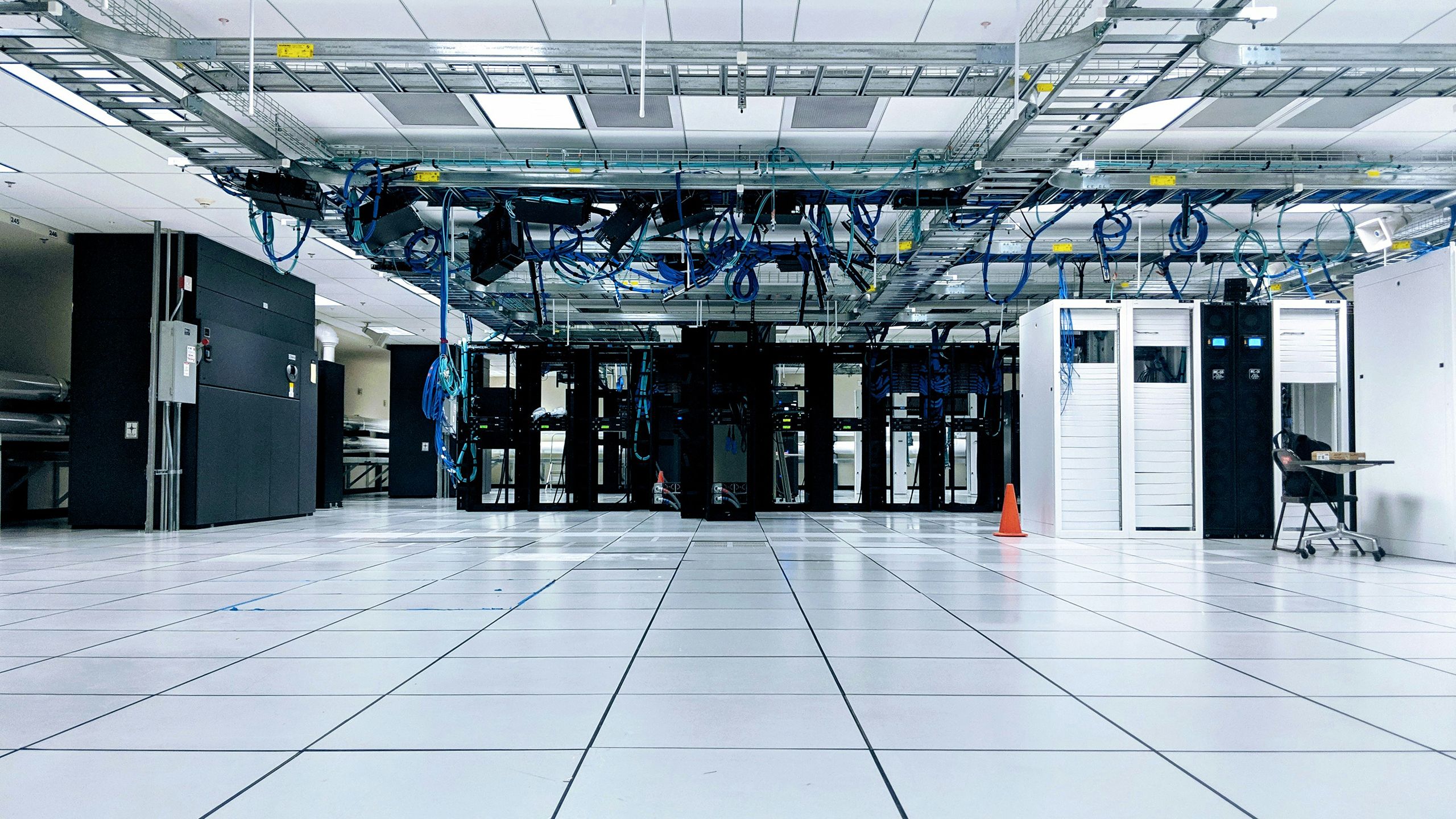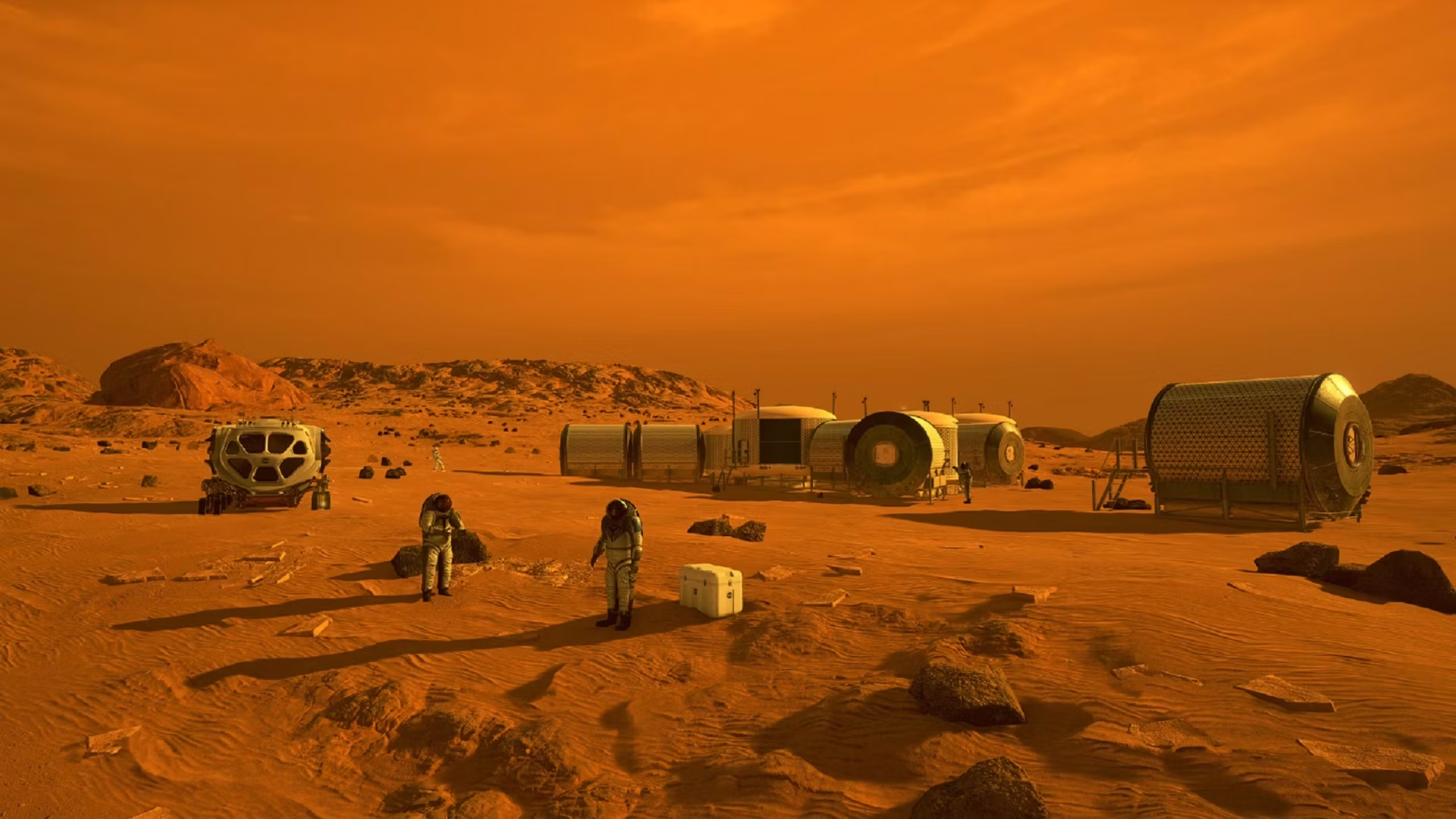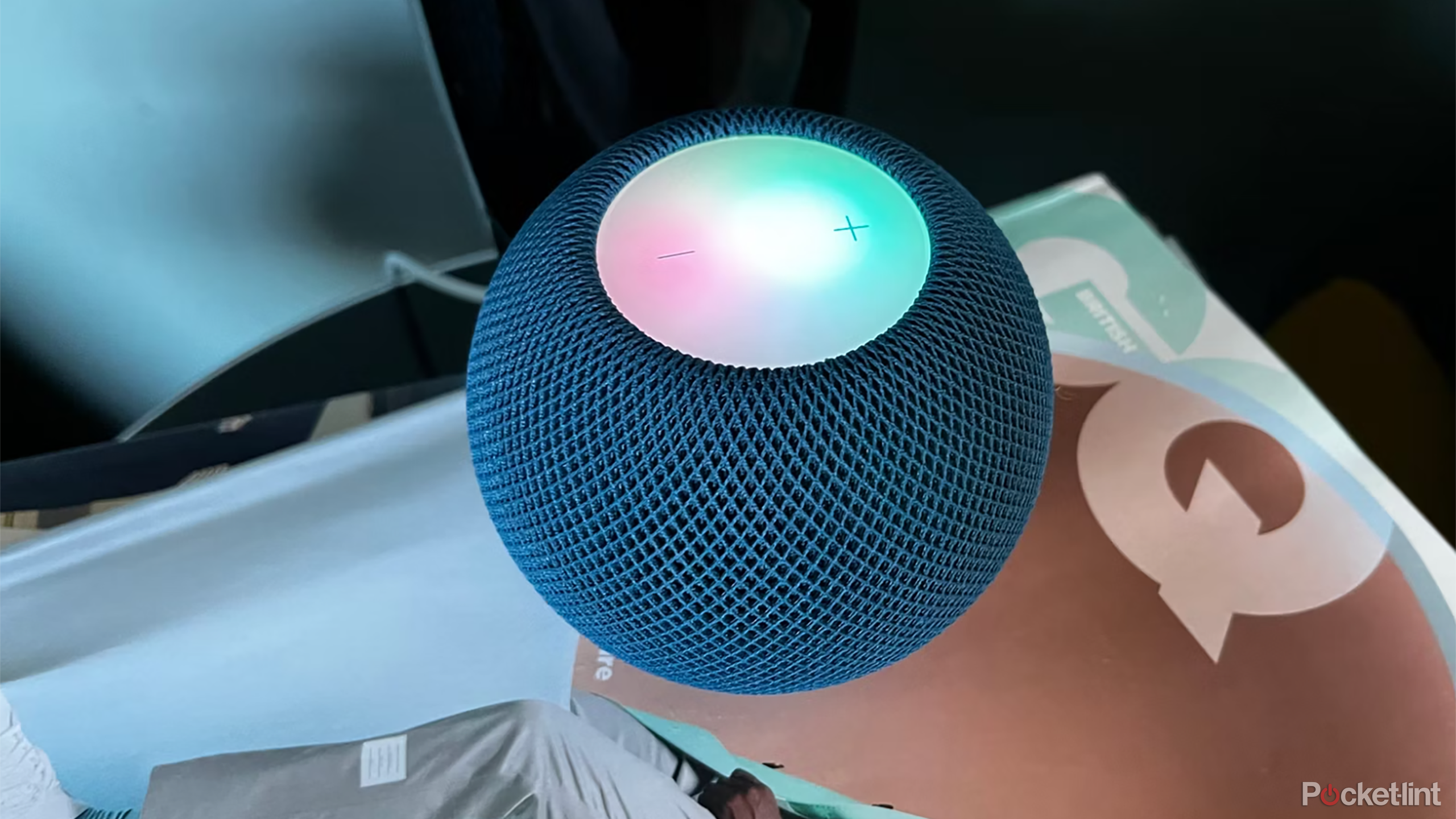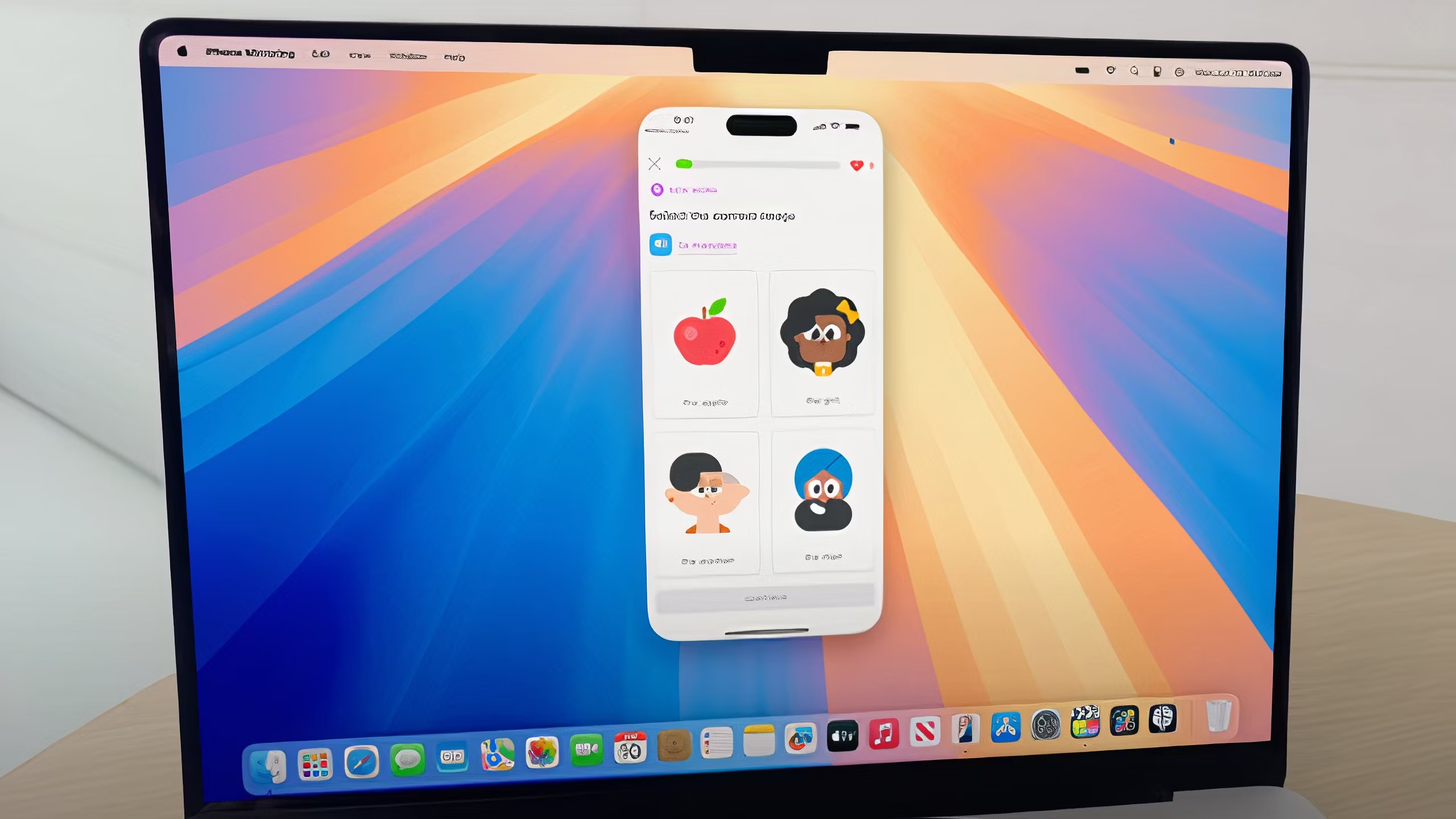Key Takeaways
- Altman claims AI will achieve superintelligence “in a few thousand days.”
- It’s extremely unlikely that AI will be able to “discover all of physics.”
- Developments are likely, but prosperity for all is unrealistic.
Sam Altman, the CEO of OpenAI, the company behind ChatGPT, has written a post on his personal blog entitled The Intelligence Age. The post is about his vision for the future of AI, and alongside some reasonable predictions, it also includes some seriously outlandish claims, from artificial intelligence solving the whole of physics to AI achieving superintelligence in just a few thousand days from now.
Altman makes a lot of claims, but do they have any basis in reality, and what’s the true purpose of this post? We take a look at some of the central claims to see if they hold up to scrutiny.
We will have superintelligence in a few thousand days
Current AI models can’t even spell strawberry
This is one of the most outlandish claims in the entire post, so let’s make sure we’re accurate. Altman’s post contains the following claim:
It is possible that we will have superintelligence in a few thousand days (!); it may take longer, but I’m confident we’ll get there.
A few thousand days is quite a vague prediction, but ten years would fall within that ballpark. Ten years ago, most of us had never heard of generative AI, and it’s fair to say that AI chatbots exploded onto the scene with some seriously impressive capabilities. But to go from here to superintelligence in ten years, or even twenty, is extremely unlikely, to say the least.
Ten years ago, we already had computer programs that use machine learning that were capable of beating professional Go players without a handicap. In 2017, Google’s AlphaGo beat the number one ranked player in the world. Go is considered harder for machines to play than chess; DeepBlue beat Garry Kasparov, the reigning chess world champion, all the way back in 1997.
Machine learning was already able to produce impressive results nearly 30 years ago. Modern AI tools are equally impressive, but they’re still severely limited, with many of the current popular AI chatbots still unable to correctly tell you how many times the letter R appears in the word strawberry. Even OpenAI’s new o1 model that has improved reasoning capabilities took seven seconds to reach the correct answer, which is slower than a small child. To expect to get from where we are today to superintelligence in just a few thousand days is hyperbole of the highest order.
AI is going to get better with scale
We’re already running out of training data
Taylor Vick / Unsplash
This is another fundamental reason why the goal of superintelligence is likely to be much, much further away than Altman is predicting. In his post he states that AI is going to get better with scale, and up until now, this is demonstrably true. More training data and more compute is leading to superior models that can outperform the previous models.
There’s a major issue, however. We’re quickly running out of training data, which only has a finite supply. Although the amount of information out there that can be used to train AI models is vast, it isn’t infinite, and we’re already reaching the point where more is required.
The trouble is that the only feasible solution so far is to use synthetic data. This is data that has been generated by AI from real-world data. In other words, AI is reaching the point where it has to train itself on data it’s generating itself.
If we’re already reaching the point where synthetic data is necessary, then it seems likely that the progress of AI getting better with scale is going to slow down. Computers can get faster and more powerful, but without useful data, AI development is going to start to stagnate.
Through AI we will fix the climate, establish a space colony, and discover all of physics
AI can help with scientific discovery, but it can’t solve everything for us
NASA
Where to even begin with this claim? Let’s take a look at exactly what Altman wrote.
Although it will happen incrementally, astounding triumphs – fixing the climate, establishing a space colony, and the discovery of all of physics – will eventually become commonplace. With nearly-limitless intelligence and abundant energy – the ability to generate great ideas, and the ability to make them happen – we can do quite a lot.
Fixing the climate? It’s not inconceivable that AI can help with a lot of science related to climate change, such as predicting temperature rises or modeling the impact of the reduction of man-made emissions. It may even be able to help scientists come up with novel ways of dealing with the issue. It’s highly unlikely that AI will solve the problem all by itself, but it can definitely be a useful tool.
The same goes for establishing a space colony. AI can be useful in a huge number of ways, from helping in the design of spacecraft and habitations to predicting potential risk factors and how likely they are. Once again, AI isn’t going to build a colony on Mars itself, but it can be a useful tool.
The discovery of the whole of physics, though? Seriously? There are many scientists who believe that discovering rules that contain the whole of physics isn’t ever possible, let alone something that’s within the capabilities of AI. In mathematics, Gödel’s incompleteness theorems seem to show that there is no consistent system of axioms (mathematical truths) that can be used to prove all statements about natural numbers. If it’s not possible to create a consistent set of rules to describe all mathematics, which is the foundation of physics, then discovering all of physics seems highly improbable.
In the future, everyone’s lives can be better than anyone’s life is now
Money isn’t everything, but this seems unlikely
Alexander Grey / Unsplash
This is another bizarre claim. Let’s take a look at exactly what Altman said.
With these new abilities, we can have shared prosperity to a degree that seems unimaginable today; in the future, everyone’s lives can be better than anyone’s life is now. Prosperity alone doesn’t necessarily make people happy – there are plenty of miserable rich people – but it would meaningfully improve the lives of people around the world.
So, we’re all going to see increased prosperity, to the point that everyone’s lives can be better than anyone’s life is now. Seriously? In 2023, soccer player Cristiano Ronaldo earned more than $200 million just from his salary alone, excluding any of his lucrative endorsements. There is a human being who is getting paid $200 million a year to play sports once a week, sometimes twice, and Altman is claiming that everyone’s lives can be better than that.
I’m no economist, but there seems to be another flaw here. If everyone was a billionaire, surely money would become insanely devalued. Toilet paper is going to cost $5 million dollars, because that’s pocket change for all us billionaires.
AI models will serve as autonomous personal assistants
This is almost definitely going to happen to some extent
Not all the claims in Altman’s post are quite so outlandish, however. He also claims that AI models will serve as autonomous personal assistants, and this seems like something that we will see sooner rather than later.
Personal assistants such as Siri have been around for a long time, and AI is only going to make them better. It’s not a huge stretch to imagine a virtual assistant that can schedule your dentist appointment or book you a haircut without your input. It’s not quite the same challenge as solving all of physics.
Our children will have virtual tutors
We already have virtual tutors with AI capabilities
Apple / Pocket-lint
This isn’t really a prediction at all, since it’s already happening. If you use Duolingo without a subscription, you’ll be all too familiar with the endless ads promoting Duolingo Max, which includes AI features that can help you learn your language of choice.
Apps that use AI to help us learn specific subjects are already here, and virtual tutors are just the next step on that journey. AI companies are still going to need to figure out how to deal with hallucinations, however.
Why is Altman making these claims?
The purpose of the post is made abundantly clear
Karsten Würth/Unsplash
It seems strange for the CEO of a major company to write such an outlandish post, with hugely overblown claims about solving all of physics and creating superintelligence within years. It could be seen as a provocative post to drum up interest in OpenAI’s products, but the content of the post indicates it’s more than that.
Altman spends a lot of time talking about compute and energy. Here are just a few examples.
From here, the path to the Intelligence Age is paved with compute, energy, and human will.
With nearly-limitless intelligence and abundant energy – the ability to generate great ideas, and the ability to make them happen – we can do quite a lot.
To a shocking degree of precision, the more compute and data available, the better it gets at helping people solve hard problems.
However, it’s the following section that puts the likely intent behind the post into perspective:
If we want to put AI into the hands of as many people as possible, we need to drive down the cost of compute and make it abundant (which requires lots of energy and chips). If we don’t build enough infrastructure, AI will be a very limited resource that wars get fought over and that becomes mostly a tool for rich people.
It’s no surprise that to build more powerful AI models, OpenAI is going to need more compute, and it’s going to need more power. Both are expensive, and both are currently very bad for the environment. It seems that the real purpose of this post is to try and point out the benefits of AI that will come at the cost of more energy and more compute. Altman is making the case for building even more powerful infrastructure for developing AI, which will inevitably have significant consequences. AI had better solve the climate crisis quickly, it seems.
Trending Products

SAMSUNG FT45 Sequence 24-Inch FHD 1080p Laptop Monitor, 75Hz, IPS Panel, HDMI, DisplayPort, USB Hub, Peak Adjustable Stand, 3 Yr WRNTY (LF24T454FQNXGO),Black

KEDIERS ATX PC Case,6 PWM ARGB Fans Pre-Installed,360MM RAD Support,Gaming 270° Full View Tempered Glass Mid Tower Pure White ATX Computer Case,C690

ASUS RT-AX88U PRO AX6000 Twin Band WiFi 6 Router, WPA3, Parental Management, Adaptive QoS, Port Forwarding, WAN aggregation, lifetime web safety and AiMesh assist, Twin 2.5G Port

Wireless Keyboard and Mouse Combo, MARVO 2.4G Ergonomic Wireless Computer Keyboard with Phone Tablet Holder, Silent Mouse with 6 Button, Compatible with MacBook, Windows (Black)

Acer KB272 EBI 27″ IPS Full HD (1920 x 1080) Zero-Body Gaming Workplace Monitor | AMD FreeSync Know-how | As much as 100Hz Refresh | 1ms (VRB) | Low Blue Mild | Tilt | HDMI & VGA Ports,Black

Lenovo Ideapad Laptop Touchscreen 15.6″ FHD, Intel Core i3-1215U 6-Core, 24GB RAM, 1TB SSD, Webcam, Bluetooth, Wi-Fi6, SD Card Reader, Windows 11, Grey, GM Accessories

Acer SH242Y Ebmihx 23.8″ FHD 1920×1080 Residence Workplace Extremely-Skinny IPS Laptop Monitor AMD FreeSync 100Hz Zero Body Peak/Swivel/Tilt Adjustable Stand Constructed-in Audio system HDMI 1.4 & VGA Port

Acer SB242Y EBI 23.8″ Full HD (1920 x 1080) IPS Zero-Frame Gaming Office Monitor | AMD FreeSync Technology Ultra-Thin Stylish Design 100Hz 1ms (VRB) Low Blue Light Tilt HDMI & VGA Ports













